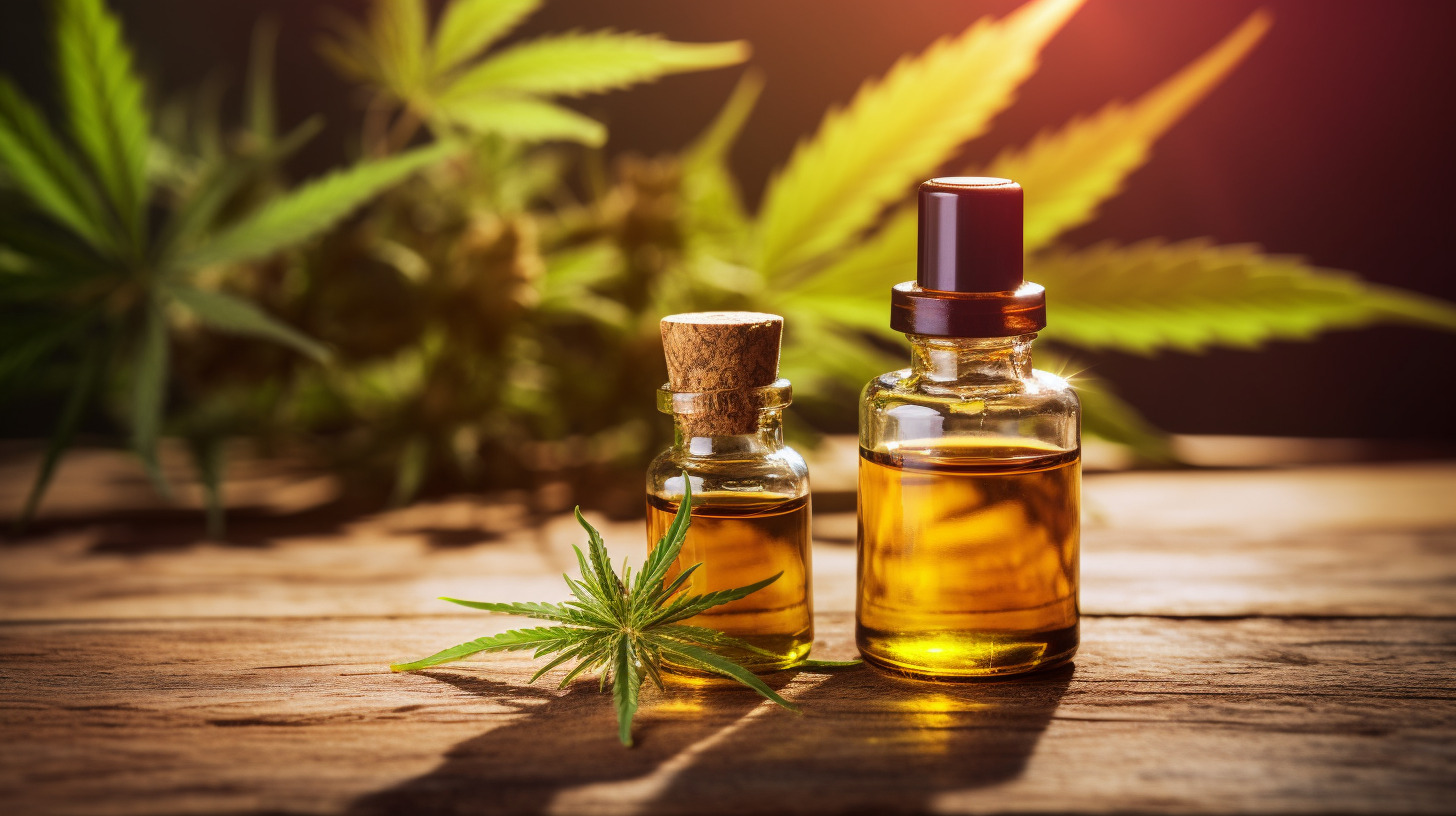
What Is CBG Oil?
If you’re looking for a comprehensive, natural solution to tackle inflammation and its debilitating effects, you’re in the right place. Welcome to the new era
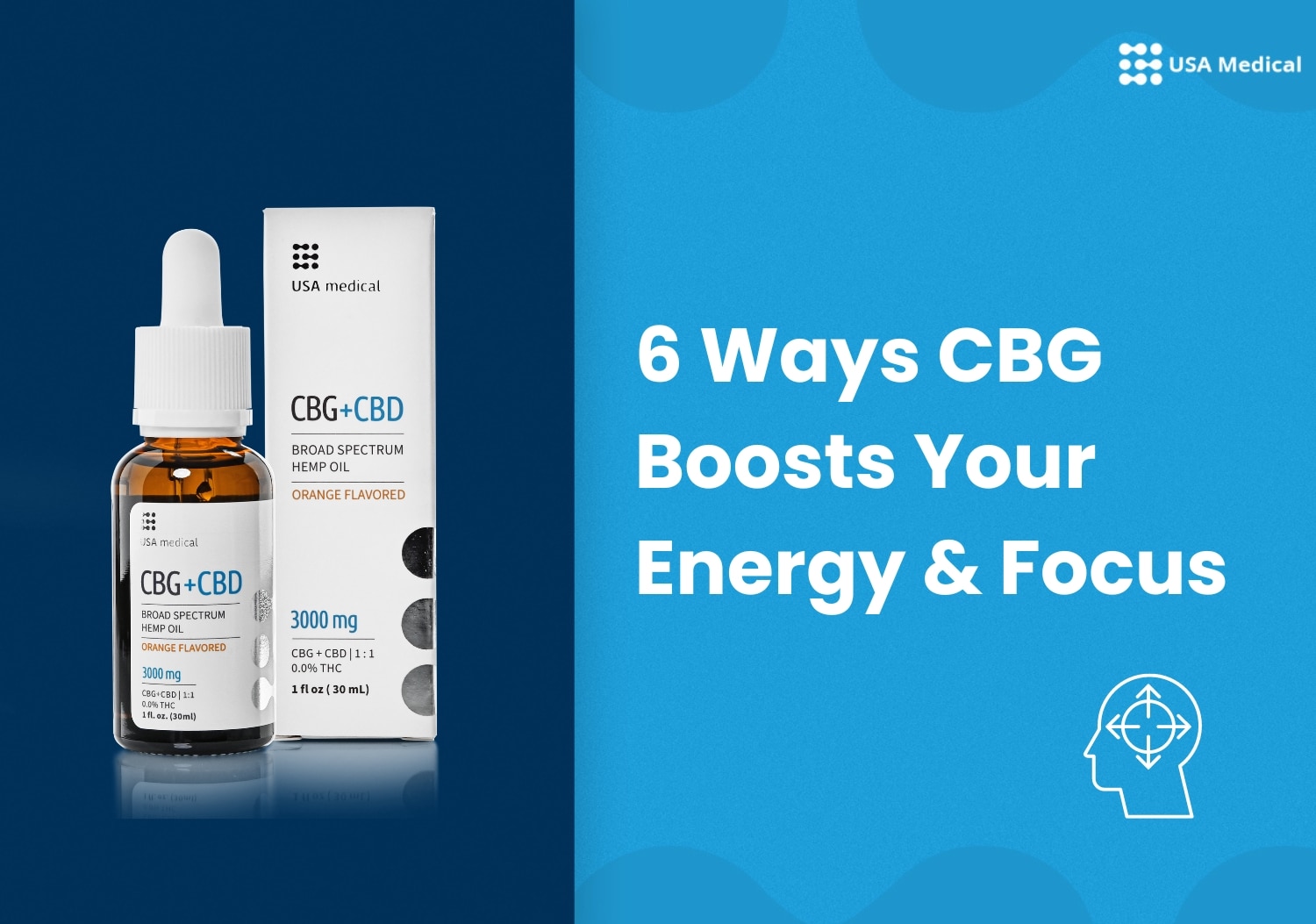
CBG has been the new buzzword in the holistic health industry due to it’s incredibly promising research on boosting energy and increasing focus and wellbeing.
CBG is a cannabinoid that is found in the hemp plant, and it has gained attention in recent years for its potential health benefits.
One of the areas where CBG has shown promise is in how it boosts your energy and focus.
In this blog, we will explore six different ways that CBG can boost energy and improve focus by interacting with and regulating all of these functions:
We will dive into each of these topics in more detail, discussing the potential benefits of CBG for each area, how CBG accomplishes this, and published scientific research on the topic.
Whether you’re looking for a natural way to boost your energy levels or are simply interested in learning more about the potential health benefits of CBG, this blog is for you. So, let’s get started!
CBG is a naturally occurring cannabinoid found in the hemp plant it is one of over 120 other cannabinoids that have been discovered in hemp plants.
CBG is considered the mother of all cannabinoids because it is the first cannabinoid present in a hemp plant, so all other cannabinoids such as CBD, CBN, CBC all stems from CBG. CBG is synthesized and harvested from the trichomes of the hemp plant.
This is a difficult process because to extract CBG, unlike other cannabinoids it must be taken from a hemp plant that is not fully matured.
However, like other cannabinoids, CBG interacts with the endocannabinoid system in the human body, which regulates a variety of physiological processes.
CBG has been the subject of recent research for its potential health benefits, including its ability to reduce inflammation, improve sleep, and boost energy levels.
One of the main ways CBG can boost energy is by interacting with the receptors in your body.
A CB1 receptor is a type of receptor protein that is primarily found in the brain and central nervous system. CB1 receptors are part of the endocannabinoid system.
This is a complex system of receptors and neurotransmitters that plays a key role in regulating various physiological processes, including mood, energy, appetite, and memory.
CB1 receptors are activated by cannabinoids like CBG and anandamide, which is an naturally occurring cannabinoid produced by the body. When activated, CB1 receptors can modulate the release of neurotransmitters including:
These are all involved in regulating mood, anxiety, and pain sensation and are all regulated by the CB1 receptor.
CB1 receptors are important targets for the development of cannabinoid-based therapies, as they are involved in regulating many physiological processes that are disrupted in various disease states.
There are several ways that CBG could interact with CB1 receptors to increase energy:
By modulating the release of these neurotransmitters, CBG may be able to improve overall mood and energy levels.
Another way that CBG can interact with CB1 receptors to increase energy is by modulating the activity of the hypothalamic-pituitary-adrenal (HPA) axis, which is involved in regulating the body’s response to stress.
CBG has been shown to have potential anti-anxiety effects, and by modulating the activity of the HPA axis, CBG may be able to reduce feelings of fatigue and increase energy levels.
A study published by the NCBI found that CBG has potential anti-inflammatory effects, which could potentially reduce feelings of fatigue and improve energy levels. The study found that CBG can inhibit the production of inflammatory molecules in immune cells.
In a more recent study done by the Journal of Cannabinoid Research, 2022 researchers concluded that CBG has potential anti-anxiety effects, which could contribute to its potential energy-boosting effects.
The study found that CBG can reduce anxiety-like behaviors and modulate the activity of the HPA axis in regards to stress.
CBG can also help with focus by interacting with another kind of receptor in your body.
The CB2 receptor is a type of receptor protein that is primarily found in the immune system and peripheral tissues.
CB2 receptors are part of the endocannabinoid system, and plays a key role in regulating various physiological processes, including:
While CB2 receptors are not as well-studied as CB1 receptors, they play a role in regulating various physiological processes related to immune function and inflammation.
Recent research has suggested that CB2 receptors can play a role in regulating focus.
Two possible way that CB2 receptors can regulate focus is by modulating the activity of:
CB2 receptors are believed to be involved in regulating the activity of microglial cells, and by modulating this activity, CB2 receptors can improve your body’s ability to focus.
CBG has been shown to be a potent agonist of CB2 receptors, meaning that it can bind to and activate these receptors. Recent research has shown that when interacting with CBG this can play a role in regulating your cognitive abilities.
A way that CBG may improve focus through its interactions with CB2 receptors is by reducing inflammation in the brain. Chronic inflammation has been linked to various cognitive disorders, including:
CBG has been shown to have potent anti-inflammatory effects, and by reducing inflammation in the brain, CBG can improve cognitive function and focus.
Additionally, CBG may also be able to modulate the release of neurotransmitters like dopamine and serotonin, which are involved in regulating mood and focus.
While the mechanisms involved are still being researched, some studies suggest that CBG may be able to modulate the release of these neurotransmitters through its interactions with CB2 receptors.
Several studies have shown great promise in using CBG to increase focus. By interacting directly with the CB2 receptors CBG is able to target areas that might be causing a lack of focus or brain fog and eliminate those triggers so you can feel focused.
A study published in February of 2021 by the Journal of Pharmacology & Experimental Therapeutics provides research that shows CBG directly interacting with the CB2 receptor to increase focus and how it canbe used for therapeutic treatments in the future.
The endocannabinoid system (ECS) is a complex network of receptors and signaling molecules that is involved in regulating various physiological processes in the body, including:
The ECS is named after the hemp plant, as it was first discovered through the study of the plant’s active compounds, known as cannabinoids.
The ECS is made up of three main components:
There are two main types of cannabinoid receptors in the ECS: CB1 receptors and CB2 receptors.
CB1 receptors are primarily found in the brain and central nervous system and are involved in regulating various physiological processes related to mood, memory, and appetite.
CB2 receptors are primarily found in the immune system and peripheral tissues and are involved in regulating various physiological processes related to inflammation and immune function.
The ECS is believed to play a key role in maintaining homeostasis, or balance, in the body.
When the body is out of balance, endocannabinoids are produced to help restore balance by binding to cannabinoid receptors and regulating physiological processes.
For example, in response to inflammation, endocannabinoids may be produced to help reduce inflammation and restore immune function.
CBG is believed to interact with the ECS by modulating the activity of enzymes that are responsible for breaking down things like:
Another possible way that CBG may increase motivation is by increasing the levels of anandamide, which is an endocannabinoid that is involved in regulating mood and motivation.
CBG has been shown to inhibit the activity of an enzyme called fatty acid amide hydrolase (FAAH), which is responsible for breaking down anandamide.
By inhibiting FAAH, CBG can increase the levels of anandamide, which in turn increase motivation and reduce symptoms of depression and anxiety.
Additionally, CBG is also be able to modulate the release of other neurotransmitters like GABA and glutamate, which are involved in regulating mood and motivation.
While the ECS was first discovered through the study of the hemp plant, it is now recognized as a crucial regulatory system in the body that plays a key role in maintaining health and wellness.
The complex interactions between endocannabinoids, cannabinoid receptors, and enzymes in the ECS continue to be an active area of research, with potential implications for a wide range of health conditions and diseases.
There have been several studies published surrounding CBG, the ECS and how they interact with one another to improve functions in the body.
Most recently a study was published in the Journal of Scientific Reports that discussed the effects of CBG interacting with the ECS to increase energy and reduce body weight.
The study found that CBG was effective in increasing dopamine levels and reducing the stress-causing hormone cortisol to increase motivation.
Cortisol is a hormone that is released in response to stress. It can have a variety of effects on the body, including increasing blood sugar levels, suppressing the immune system and decreasing energy.
There is research suggesting that CBG may reduce cortisol levels by interacting with the body’s endocannabinoid system (ECS), which plays a role in regulating stress and anxiety.
Cortisol plays a crucial role in the body’s stress response by increasing glucose production, suppressing the immune system, and increasing blood pressure. These effects help the body respond to stress by providing the energy and resources needed to deal with the stressor.
However, chronically elevated cortisol levels can have negative effects on the body. Prolonged exposure to cortisol can lead to:
CBG can drastically reduce negative cortisol levels by interacting with the ECS.
One study published in the Journal of Clinical Psychopharmacology suggested that cannabinoids, including CBG, may reduce cortisol levels by interacting with the hypothalamic-pituitary-adrenal (HPA) axis.
The HPA axis is a complex system of hormonal interactions that plays a role in regulating the body’s stress response.
The authors of the study proposed that cannabinoids may act on the CB1 receptor in the brain to reduce the release of corticotropin-releasing hormone (CRH), a hormone that stimulates the production of cortisol in the adrenal glands.
By reducing the release of CRH, cannabinoids may indirectly reduce cortisol levels.
Another possible mechanism by which CBG may reduce cortisol levels is through its anti-inflammatory effects. Chronic inflammation has been shown to increase cortisol levels, and CBG has anti-inflammatory properties.
By reducing inflammation, CBG can reduce cortisol levels caused by inflammatory pain.
A study published by the NCBI investigated the effects of a combination of CBG and other cannabinoids on anxiety and depression in human patients with a history of substance abuse.
The study found that the combination of cannabinoids, including CBG, significantly reduced anxiety and depression symptoms in the patients, compared to a placebo.
This kind of research is groundbreaking in the field of holistic medicine due to how well CBG works in to improve all of these specific areas of your health. Decreasing stress has a direct impact on your energy and focus levels.
CBG can improve performance by regulating blood pressure. Blood pressure plays a crucial role in regulating the flow of blood and oxygen to the body’s organs and tissues, including the muscles used during physical activity.
Improving blood pressure can lead to better performance during exercise by improving blood flow, oxygen delivery, and nutrient delivery to the muscles.
High blood pressure (hypertension) can lead to a variety of negative effects on the body, including increased risk of:
High blood pressure can also negatively impact physical performance by reducing blood flow and oxygen delivery to the muscles, which can lead to fatigue and decreased endurance.
CBG can improve blood pressure by reducing inflammation in the cardiovascular system. Chronic inflammation has been linked to high blood pressure, and CBG has anti-inflammatory properties. By reducing inflammation, CBG can help improve blood pressure.
Another possible mechanism by which CBG may improve blood pressure is by reducing oxidative stress.
Oxidative stress occurs when there is an imbalance between free radicals and antioxidants in the body, leading to damage to cells and tissues.
CBG has been found to have antioxidant properties which may help reduce oxidative stress and improve cardiovascular function leading to improved performance and energy.
In addition, CBG may help improve blood vessel function by:
Improved blood flow can help reduce blood pressure and improve overall cardiovascular function.
One study published investigated the effects of CBG on blood pressure in those with high blood pressure. The researchers found that CBG significantly reduced blood pressure, suggesting that it may have potential as an antihypertensive agent.
Another study published in the journal, Vascular Pharmacology investigated the effects of CBG on blood vessel function in human umbilical vein endothelial cells (HUVECs).
The researchers found that CBG improved endothelial function, which plays a crucial role in regulating blood vessel health and blood pressure.
Maintaining a healthy blood pressure is critical energy and performance levels to be where they should. CBG clearly has the ability to improve performance and aid in regulating blood pressure.
CBG can reduce pain and fatigue by interacting with the CB1 receptor in the brain. The CB1 receptor plays a key role in regulating pain perception and is found in regions of the brain involved in pain processing.
CBG can help regulate pain perception by:
Chronic inflammation is a common contributor to pain, and CBG has been found to have anti-inflammatory properties in animal studies. By reducing inflammation, CBG may help alleviate pain associated with inflammatory conditions.
CBG has analgesic effects by interacting with other pain-related receptors in the body, such as the TRPV1 receptor. The TRPV1 receptor is involved in the perception of pain and temperature, and CBG may help reduce pain by modulating the activity of this receptor.
Pain relief can help improve physical function and mobility, which can help reduce fatigue and increase energy levels. Chronic pain can limit a person’s ability to engage in physical activity, which can lead to muscle weakness and reduced endurance.
Pain relief can help improve physical function and allow a person to engage in more physical activity, which can improve:
In addition, chronic pain can also lead to mental exhaustion and reduced motivation. Pain relief can help improve mental well-being by reducing the mental burden of pain and improving mood. This can help improve motivation and reduce feelings of fatigue and lethargy.
Using CBG to decrease chronic pain and inflammation can directly boost energy levels and and reduce triggers that cause bodily fatigue.
Research on the specific effects of CBG on fatigue is still being done and more studies are needed to fully understand its potential benefits for fatigue. However, some studies suggest that CBG has potential as a therapeutic agent for reducing fatigue associated with certain conditions.
One study published in the journal, Psychopharmacology investigated the effects of a combination of cannabinoids, including CBG, on fatigue in patients with multiple sclerosis (MS). The study found that the combination of cannabinoids significantly reduced fatigue in the patients, compared to a placebo.
While research on CBG is still in its early stages, there is promising evidence to suggest that it may have potential as a natural way to boost energy and focus. CBG can improve energy and focus by interacting with the body’s endocannabinoid system (ECS) and other systems in the body.
CBG can:
CBG is a life-changing cannabinoid that has tons of research backing it’s incredible effects. Try CBG for yourself today!
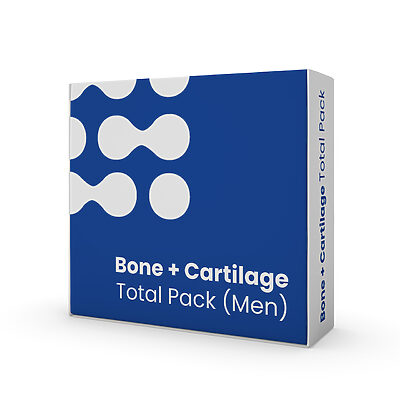
In stock | Free shipping

In stock | Free shipping
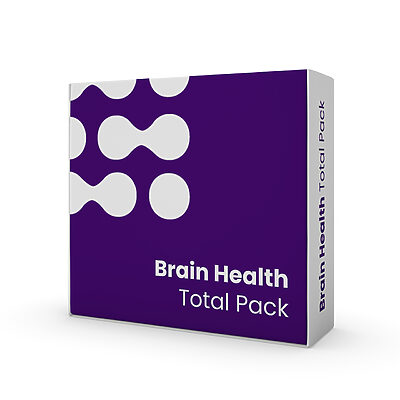
In stock | Free shipping

In stock | Free shipping
These statements have not been evaluated by the Food and Drug Administration. These products/services are not intended to diagnose, treat, cure, or prevent any disease.

If you’re looking for a comprehensive, natural solution to tackle inflammation and its debilitating effects, you’re in the right place. Welcome to the new era
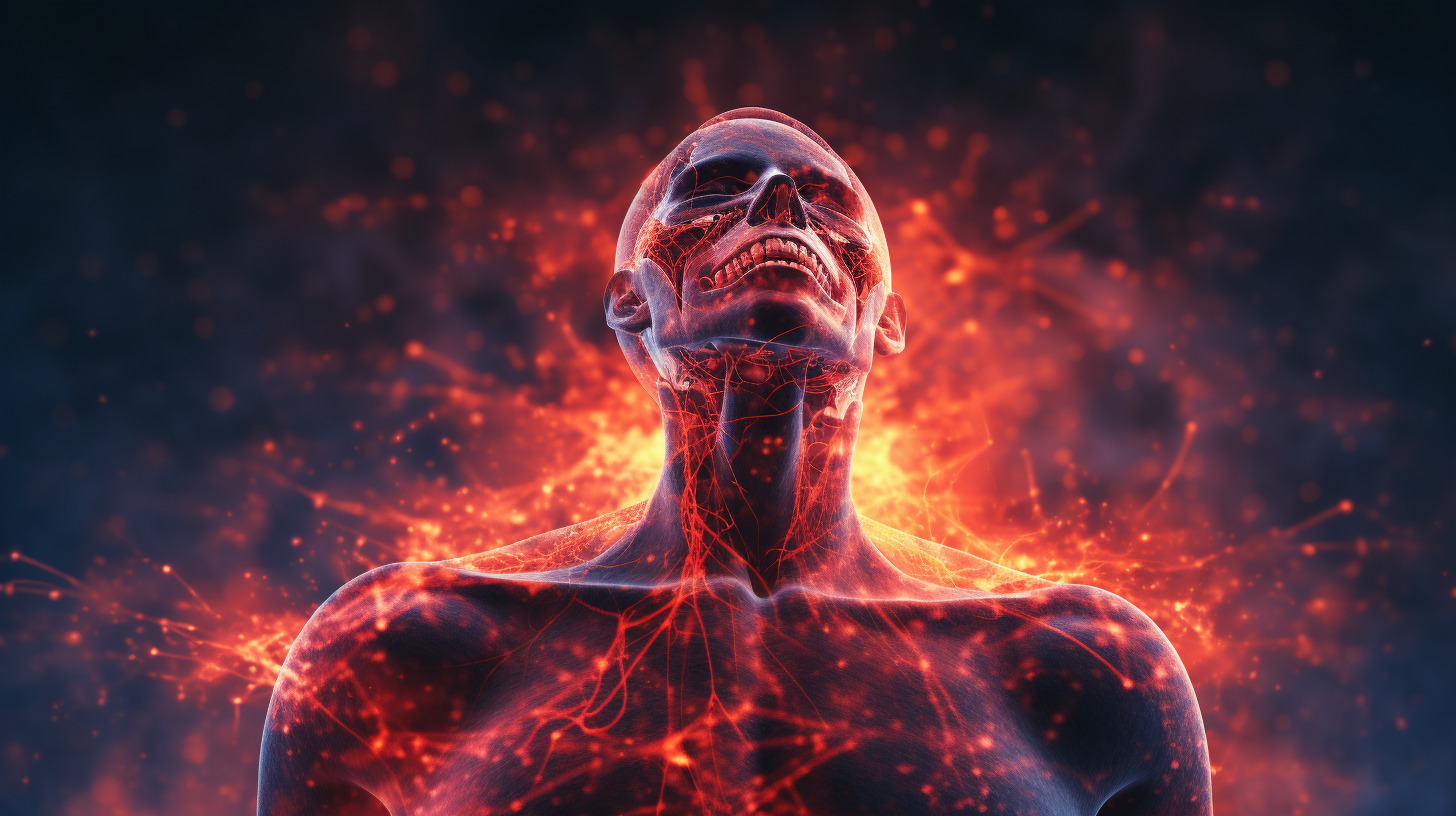
The Invisible Enemy Within You wake up feeling groggy, your joints ache, and that old neck pain seems to have returned. No, it’s not just

CBG oil has been creating waves in the health and wellness industry, and for good reasons. But with any health trend, it’s crucial to separate
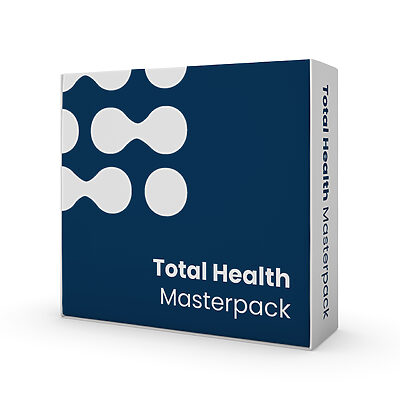
In stock | Free shipping
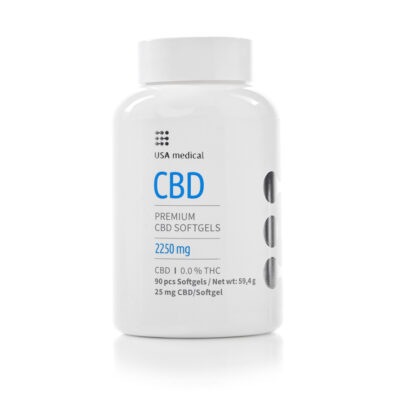
In stock | Free shipping
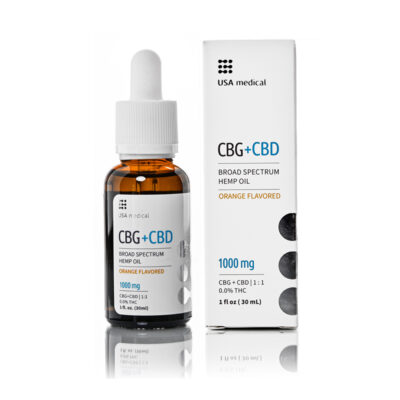
In stock | Free shipping
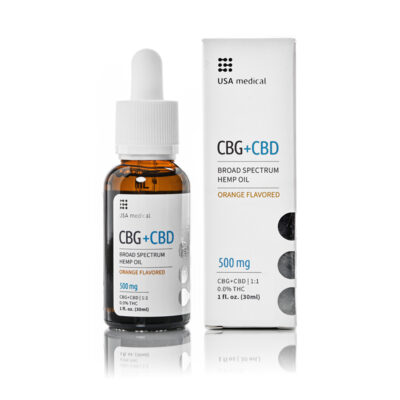
In stock | Free shipping

In stock | Free shipping
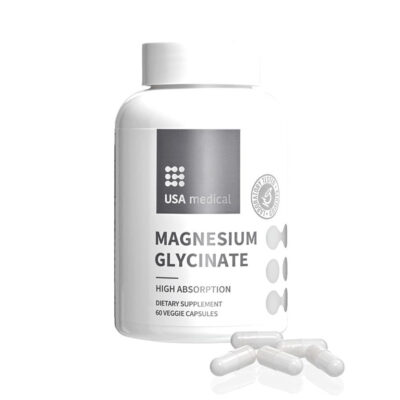
In stock | Free shipping
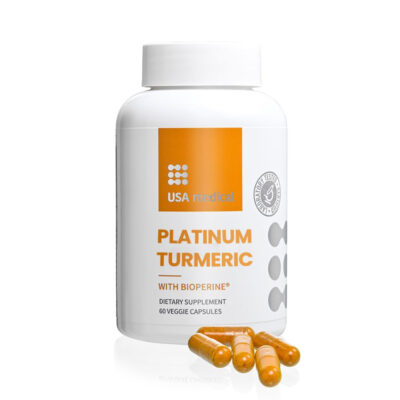
In stock | Free shipping

In stock | Free shipping

In stock | Free shipping

In stock | Free shipping

In stock | Free shipping
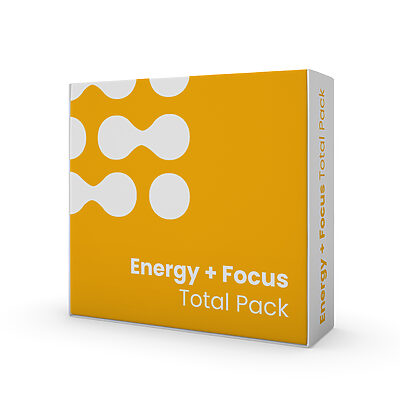
In stock | Free shipping
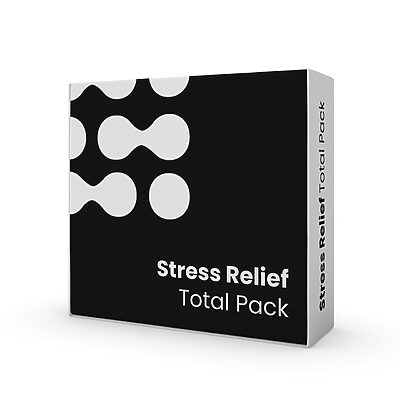
In stock | Free shipping
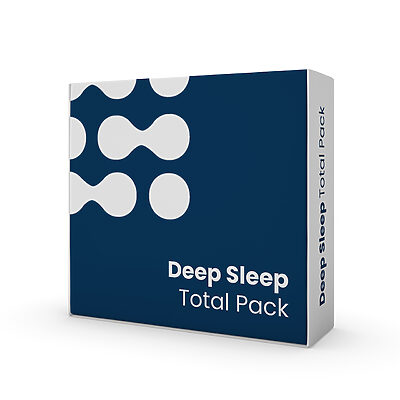
In stock | Free shipping

In stock | Free shipping